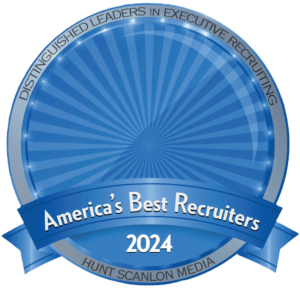Full original article at The New York Times
Research the company and the industry, says Adrien Fraise, founder of Modern Guild, which provides online career coaching to college students and high school seniors. “Know the major industry trends and news,” he says, and be able to talk about how they could affect the company.
Find out who runs the company and how they got there. “Look at their profiles on LinkedIn and see if you find a common bond,” says David Lewis, the chief executive of OperationsInc., a human resources outsourcing and consulting firm in Norwalk, Conn. “If you are able to say, ‘I went to the same college as you’ or ‘I also majored in psychology,’ that demonstrates you really did your homework.”
Q. What questions can you expect, and how can you prepare to answer them?
A. You may be asked to walk the interviewer through your résumé, so prepare concise, articulate anecdotes to illustrate what you did or learned in each experience you’ve listed, Mr. Fraise says. Highlight what you achieved and the skills you used — and how you want to keep using them. “Rehearse in front of the mirror and then in front of others,” he says. “Be so comfortable with it, it doesn’t sound scripted.”
Interviewers often ask questions like “Can you give me an example of when you had to work as part of a team or learned something new quickly?” Mr. Lewis says your examples might come from experiences in a club, fraternity or sorority. “Did you organize a membership push? Plan events? Do recruiting?” he says.
If you’re asked a question like “Why did you choose your college major?” be complete in your answer. “Don’t just say ‘because I really like psychology,’ “ Mr. Lewis advises. Instead, note from a business perspective why you liked the subject. “Maybe you found the classes to be informative about human behavior, which is a key to success in anyone’s business,” he says.
Take along samples of your work — whether from an internship, a class or an extracurricular activity — in a folder or on a laptop computer or tablet.
And always prepare questions to ask at the end of the interview, says Alexa Hamill, American campus recruiting leader for PricewaterhouseCoopers in Philadelphia. Questions on the interviewer’s own career progress are a way to conclude, she says: “What opportunities have been presented to them? How were they trained and developed? This shows you are looking at the job as something potentially long term.”
Read full original article at The New York Times


